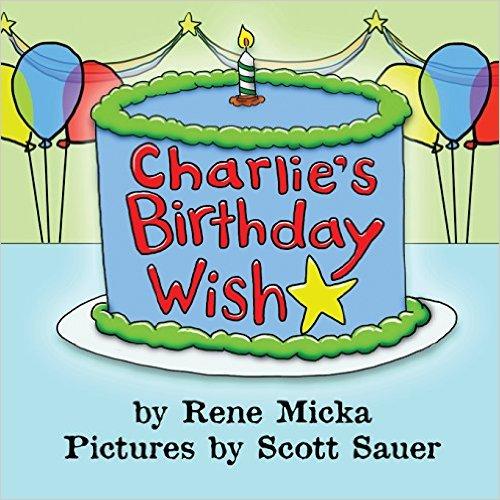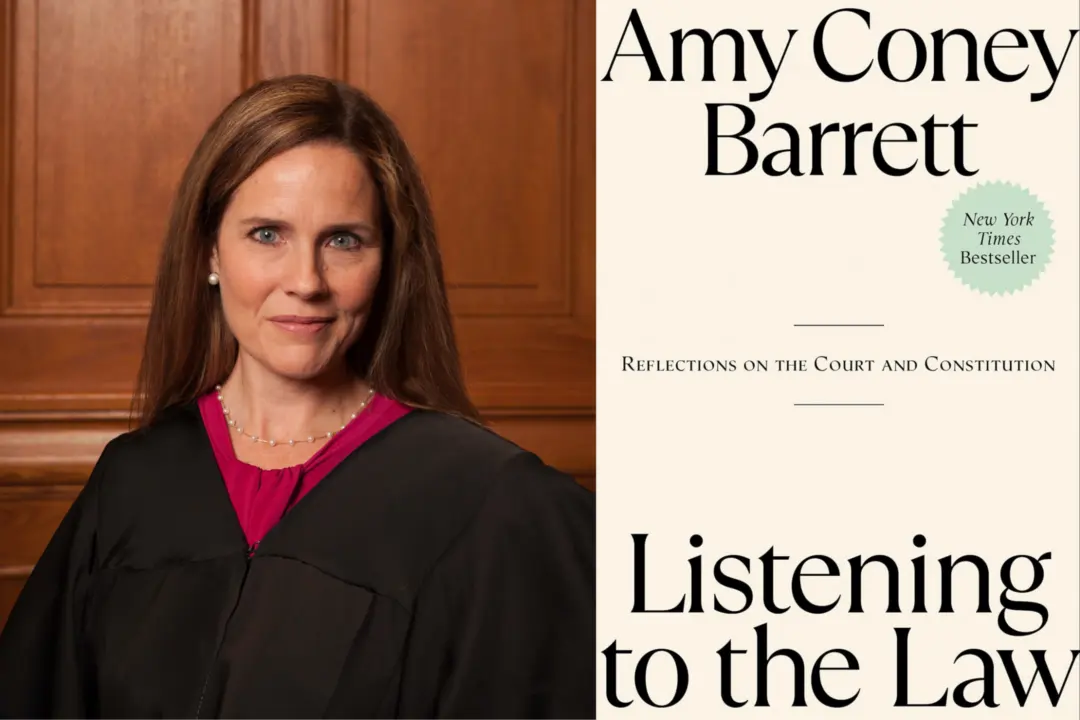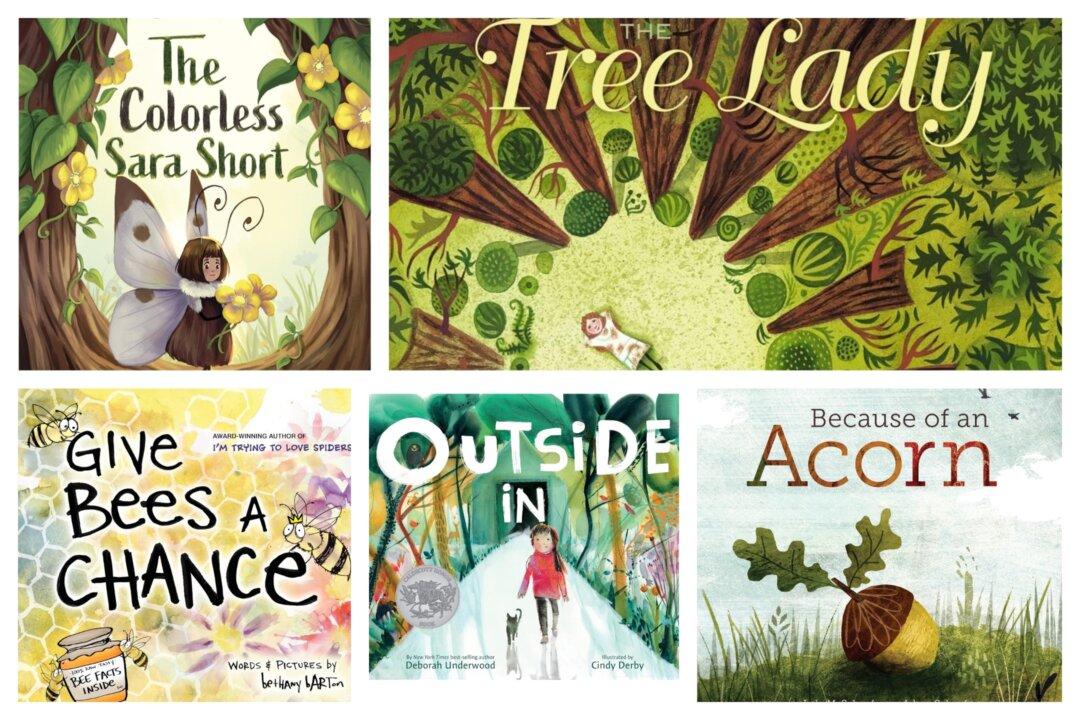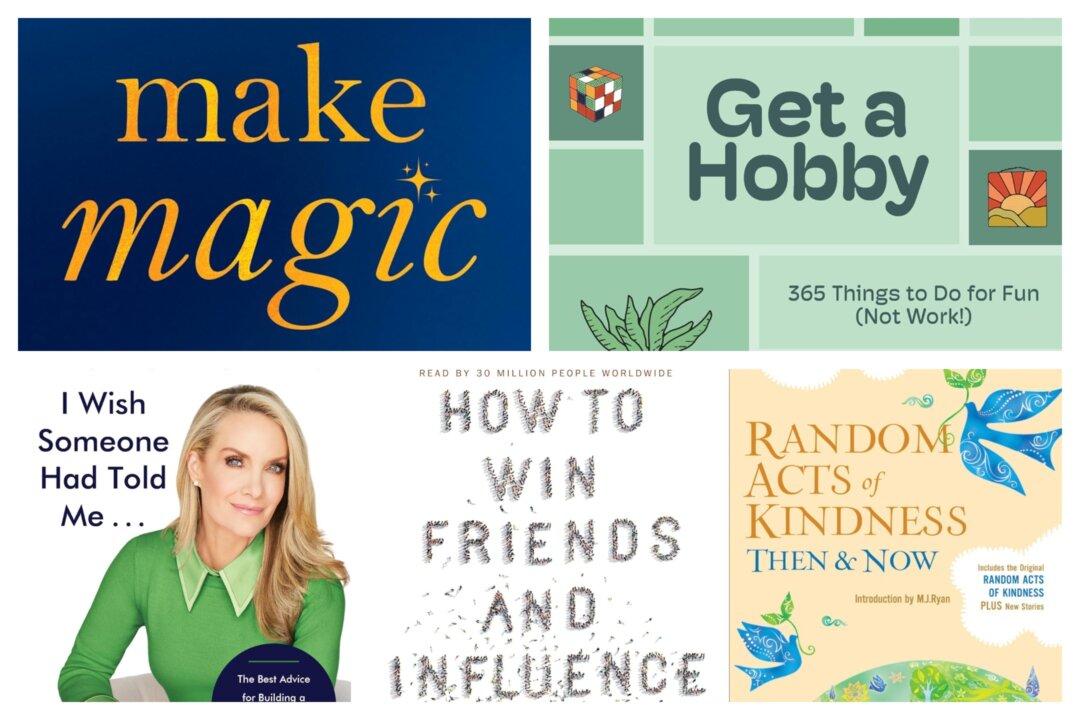Bullying is a serious issue. It may cause depression, anxiety, stress, and even death. No longer is it considered an acceptable childhood rite of passage.
I discussed this subject recently with Rene Micka, author of the book “Charlie’s Birthday Wish.” Her book discusses bullying from the point of view of the antagonist, an approach she believes is not taken up enough.
Emotional intelligence can be taught just like any other subject.





